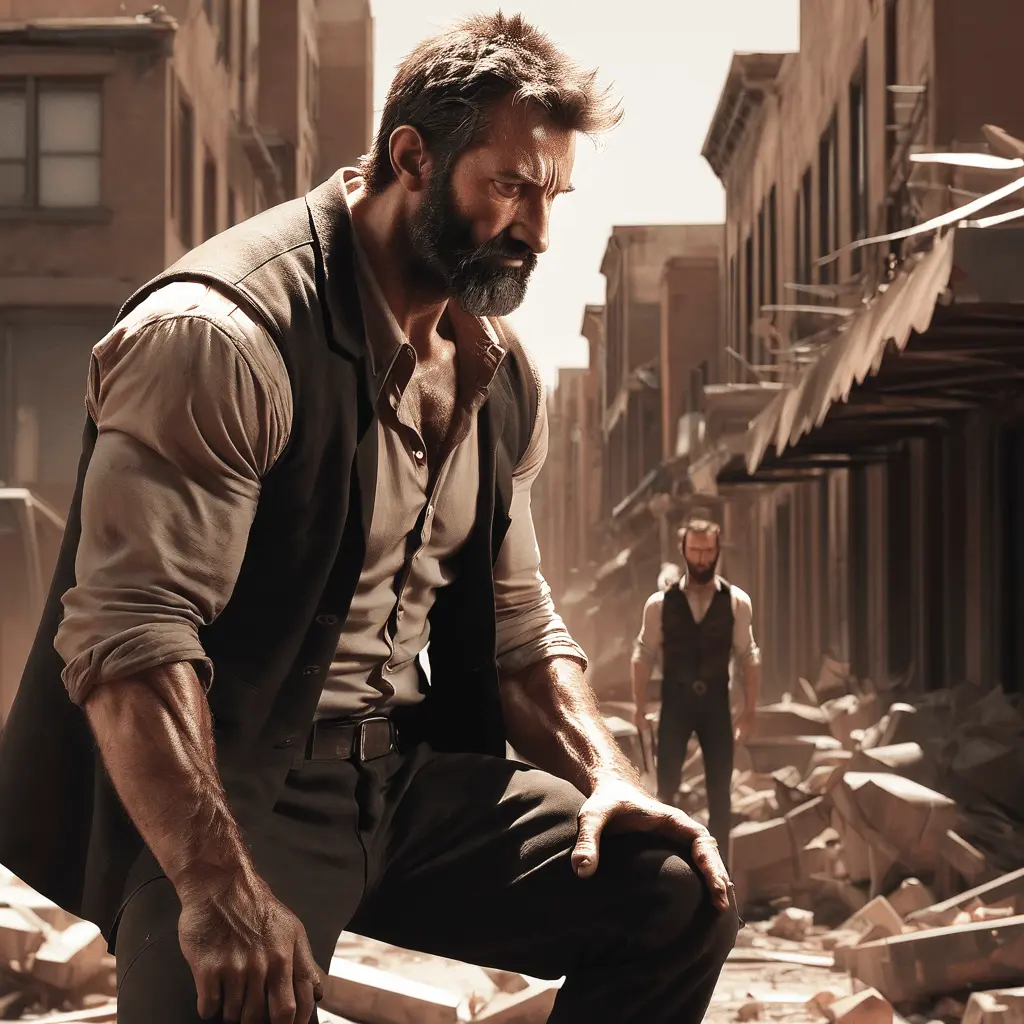
What's the story behind the Logan movie?
"Logan," the critically acclaimed film released in 2017, stands as a landmark in the superhero genre. Directed by James Mangold and featuring Hugh Jackman in his final performance as Wolverine, "Logan" presents a gritty, emotional, and raw portrayal of the iconic character. This article delves into the story behind "Logan," exploring its development, themes, influences, and reception.



